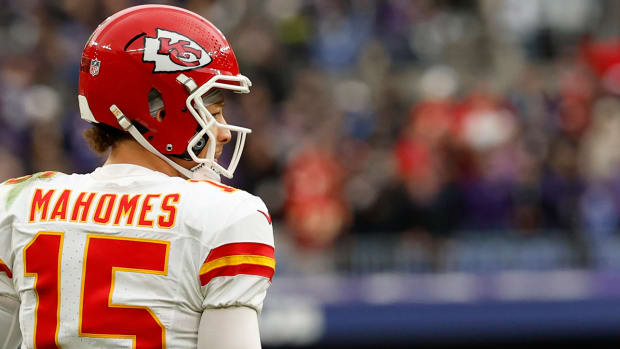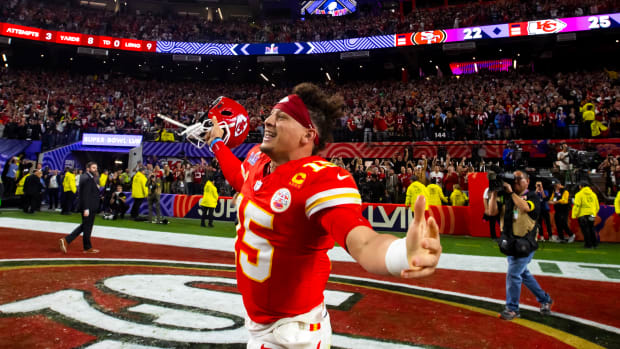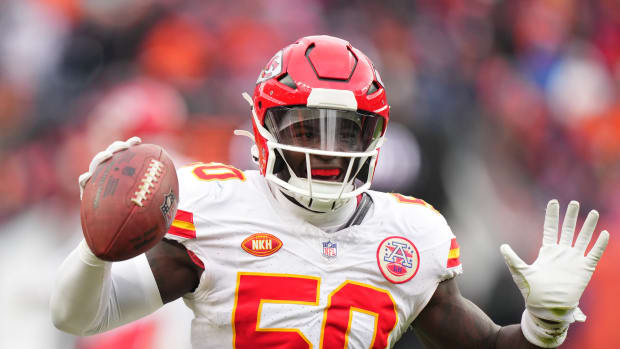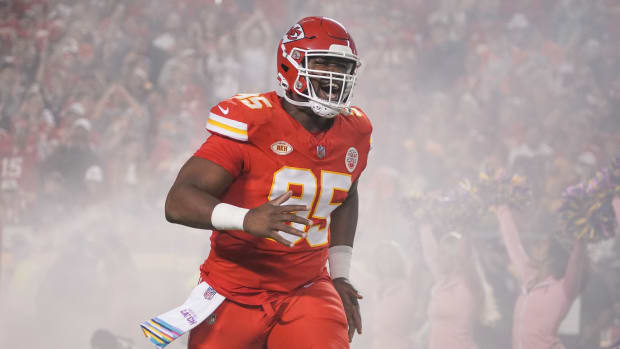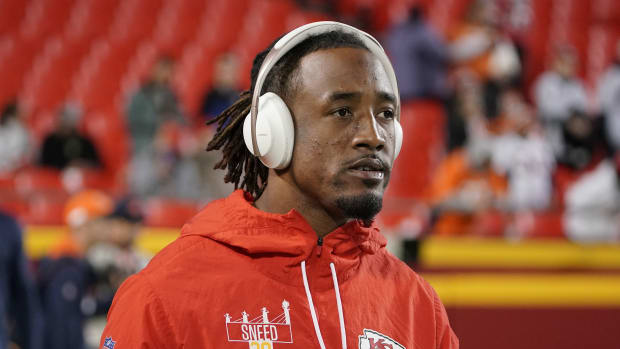Athletes Have Never Stuck To Sports, and They Won't Start Now
As racial injustices and police brutality once again rise to the forefront of the nation’s attention, athletes are using their platforms to voice their opinions more than ever.
While just four short years ago athletes expressed their beliefs on the same topic, the acceptance of their pleas has increased — but there are still detractors.
The phrase “stick to sports” can be seen in the comment section of any Facebook post having to do with athletes expressing their opinion, as if modern players are the first group of stars to utilize the platform they earned through their excellence.
News flash: Athletes have never stuck to sports and they won’t start now.
Sports have always reflected the culture and have never been isolated from the political realm. Colin Kaepernick wasn’t the first one to use his platform to take a stand, and he certainly won’t be the last.
In 1961, legendary Boston Celtic Bill Russell was denied service at a restaurant in Lexington, Kentucky before an exhibition game. They boycotted the game and later Russell became an advocate for racial integration. He didn’t stick to sports.
Cassius Clay changed his name to Muhammad Ali in 1964 after Malcolm X encouraged him to join the Nation of Islam. Three years later, Ali refused to fight for the U.S. Army citing religious beliefs against the Vietnam War. Ali’s protests also focused on being a black man and a black Muslim in America. He didn’t stick to sports.
During the 1968 Olympics, athletes Tommie Smith and John Carlos each raised a black-gloved fist during the playing of the U.S. national anthem while on the podium to silently protest racial discrimination. They didn’t stick to sports.
Denver Nuggets guard Mahmoud Abdul-Rauf decided to stop standing for the national anthem in 1996. Abdul-Rauf chose not to stand because “the flag was a symbol of oppression.” He was in the middle of the best year of his career when then-NBA commissioner David Stern suspended him. He didn’t stick to sports.
Members of the 2012 Miami Heat, including Dwyane Wade and LeBron James, wore hoodies to protest the death of Trayvon Martin, an unarmed black teenager who was shot to death in Florida, before a game. They didn’t stick to sports.
Today, there are no differences. The same is going on in 2020, and athletes aren’t going to stick to sports. The stakes are too high.
During a video conference with reporters last Wednesday, Kansas City Chiefs quarterback Patrick Mahomes talked about what he would say to people who tell athletes to stick to sports.
“We are people too,” Mahomes said. “I feel like those people [who say stick to sports] have kids and they understand that their kid could play sports and their kids could possibly be in the same position that we’re in. They would want their kids to show their heart and show who they truly are and try to affect the world in the most positive way possible. That’s what we believe that we’re doing.”
Patrick Mahomes isn’t sticking to sports.
Mahomes is just one of several athletes to pick up the already-lit torch as social justice continues to be a constant issue in America. Mahomes is using his platform like those before him to promote positive change, and you should listen, because this isn’t going anywhere.
Athletes have never stuck to sports, and they won’t start now.
